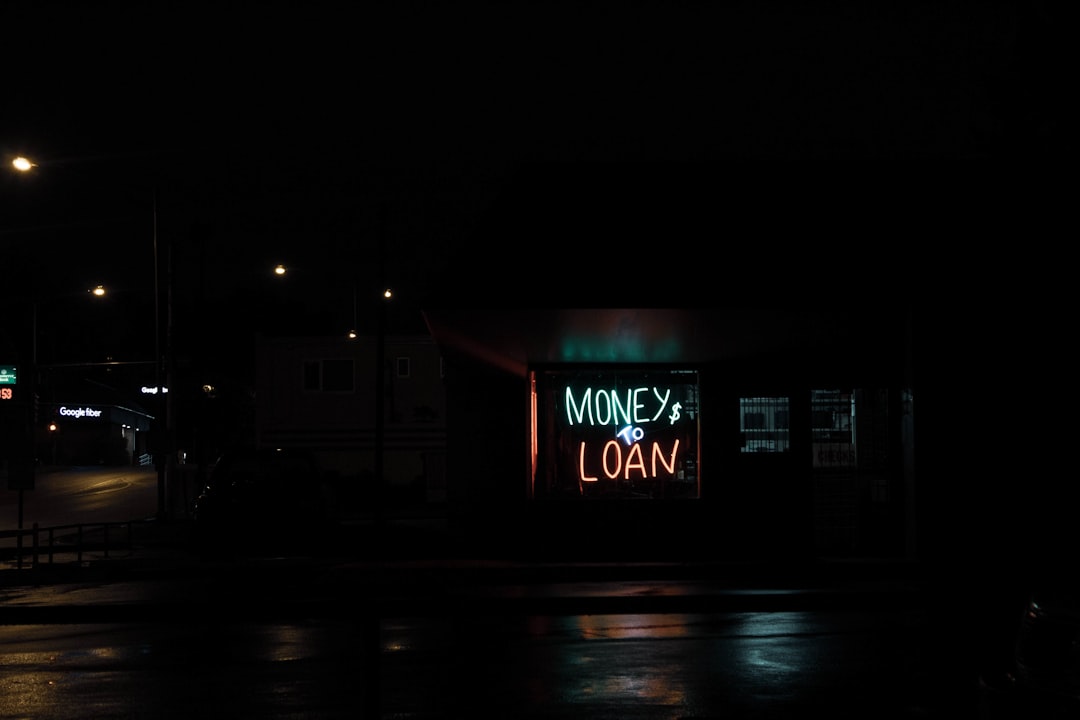Unsecured consolidation loans help manage and reduce high-interest credit card debt for individuals with bad credit. Lenders assess credit history and responsible financial behavior for approval. Combining debts into one fixed-rate loan simplifies payments, lowers costs, and rebuilds credit over time. Strategic planning, including assessment, repair, research, and responsible repayment, improves chances of successful consolidation. Building a positive credit profile post-consolidation enhances future loan access and financial stability.
Struggling with multiple credit card debts? A bad credit history can make consolidation seem impossible, but unsecured consolidation loans offer a potential solution. This guide explores how you can get these loans despite your past financial challenges. We’ll walk you through understanding unsecured consolidation, assessing your eligibility, choosing the right loan type for your bad credit, and successfully applying. Additionally, learn about the benefits and drawbacks of consolidating debt and how it can help rebuild your credit score over time.
- Understanding Unsecured Consolidation Loans
- Assessing Your Credit History for Eligibility
- Exploring Different Loan Options for Bad Credit
- The Pros and Cons of Consolidating Debt
- Steps to Apply for an Unsecured Loan Successfully
- Building Credit While Repaying the Loan
Understanding Unsecured Consolidation Loans

Unsecured consolidation loans are a popular option for individuals looking to manage and reduce their debt, especially those with a less-than-perfect credit history. This type of loan allows borrowers to combine multiple high-interest debts into one single loan with a potentially lower interest rate. By consolidating credit card debt, you can simplify your repayment process, save money on interest payments, and improve your overall financial situation.
These loans are ‘unsecured’ because they are not backed by any collateral, which means no asset is at risk if you fail to repay. Lenders rely on the borrower’s ability to make consistent payments based on their income and debt levels. It’s an attractive option for those seeking a fresh start or wanting to streamline their financial obligations, offering flexibility and the chance to rebuild credit over time.
Assessing Your Credit History for Eligibility

When considering a consolidation loan for your credit card debt, assessing your credit history is a crucial step in determining eligibility. Lenders will review your past financial behavior and credit usage to gauge your risk as a borrower. A solid payment history on existing debts can significantly improve your chances of approval. Even if you have faced financial challenges in the past, responsible management of your accounts and timely payments can make a positive impact.
Your credit utilization ratio is another key factor. This refers to the amount of debt you currently carry compared to your available credit limit. A low utilization rate indicates that you are using your credit responsibly. Maintaining balances below 30% of your credit limits shows lenders that you are unlikely to overextend yourself, making it more likely for them to approve a consolidation loan, especially when coupled with a history of on-time payments.
Exploring Different Loan Options for Bad Credit

When dealing with bad credit history, it’s essential to explore various loan options tailored to your needs. Unsecured consolidation loans offer a viable solution for individuals looking to simplify their finances and consolidate credit card debt. These loans provide an opportunity to reframe your financial trajectory by combining multiple high-interest credit card debts into one manageable loan with potentially lower interest rates.
With unsecured consolidation loans, you can say goodbye to the hassle of making several monthly payments. Instead, you make a single repayment at a fixed rate, simplifying your budgeting and saving you money on interests. This strategy not only eases financial pressure but also helps rebuild credit over time. Remember, while exploring these options, it’s crucial to compare lenders, loan terms, interest rates, and repayment conditions to find the best fit for your specific case.
The Pros and Cons of Consolidating Debt

Consolidating debt can be a strategic move for individuals with bad credit looking to manage their finances better. One of the primary advantages is the simplification of repayment processes. By combining multiple debts into one loan, borrowers can say goodbye to numerous monthly payments, making financial tracking easier and reducing the risk of missing deadlines due to disorganization. This simplicity can also lead to potential savings on interest rates, as a consolidated loan may offer a lower average rate compared to separate credit card balances.
However, it’s not without its drawbacks. Consolidation might extend the repayment period, meaning borrowers will pay more in interest over the life of the loan. Additionally, certain consolidation loans have strict eligibility criteria, and those with very poor credit histories might find themselves unable to qualify for favorable terms. Furthermore, the process itself can be time-consuming and may involve application fees. Despite these challenges, consolidating credit card debt remains an attractive option for many due to its potential benefits in managing and reducing financial obligations.
Steps to Apply for an Unsecured Loan Successfully

Applying for an unsecured consolidation loan despite a bad credit history requires strategic steps and preparation. Firstly, assess your financial situation by evaluating your current debt, income, and expenses. This step is crucial as it helps determine your affordability and the feasible repayment plan. Once you have a clear picture of your finances, start repairing your credit score. Pay off any outstanding debts, make timely payments going forward, and regularly monitor your credit report for errors.
Next, research different lenders offering unsecured loans. Compare their interest rates, loan terms, and eligibility criteria to find the best fit for your circumstances. Some specialized lenders cater specifically to individuals with poor credit, so be sure to explore these options. When applying, provide accurate financial information and be prepared to explain any discrepancies in your credit report. Demonstrating responsible financial behavior through consistent employment and stable income can enhance your chances of a successful application for consolidating your credit card debt.
Building Credit While Repaying the Loan

While consolidating your credit card debt with an unsecured loan might be a strategic move, it’s also crucial to understand that building and improving your credit history goes hand in hand with successful repayment. As you pay off the consolidated loan, make sure to establish or strengthen positive payment habits. This includes making timely payments, keeping balances low, and ensuring you don’t open multiple new accounts simultaneously, as this can negatively impact your score.
Consider using the consolidation as an opportunity to learn responsible borrowing practices. By managing your debt effectively and demonstrating consistent repayment, you’ll gradually improve your credit history. Over time, this enhanced credit profile can make it easier to access future loans with better terms, allowing for further financial stability and empowering you to consolidate again if needed.
For those with a less-than-perfect credit history, unsecured consolidation loans can offer a viable path to financial stability. By understanding the intricacies of these loans and taking deliberate steps towards application, individuals can effectively consolidate their credit card debt, gain control over finances, and work towards rebuilding their credit score. Remember, while this method presents an opportunity, careful consideration of the pros and cons is crucial before making any decisions. With the right approach, consolidating your debt could be the first step toward a brighter financial future.
